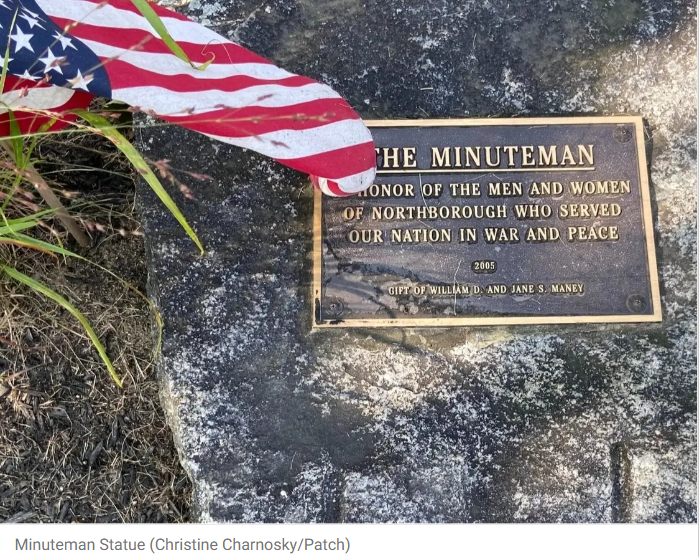Like any effective popular song that explores cultural misunderstanding, “Accidental Racist’’ has ignited a lively dialogue about language and symbols that can mean very different things to different people. And it is hardly the first time a song by a Southerner dealing with white blue-collar issues has produced strong reactions among the Northeastern-based media.

The collaboration between Brad Paisley and LL Cool J about an “Accidental Racist” has hit many of the same snags as its predecessors.
In 1974, the Southern rock band Lynyrd Skynyrd released “Sweet Home Alabama,” whose lyrics suggested that non-Southern characterizations of the South as one giant cesspool of racism were hypocritical. Skynyrd was criticized for its right-leaning perspective and use of the Confederate flag during its performances.
That same year, The Charlie Daniels Band released “The South’s Gonna Do It (Again),” which played on the popular post-Civil War rallying cry “the South’s going to rise again” to suggest that Southern musicians were making new inroads in popular music and culture. Daniels was criticized for invoking the Civil War, after which he went on to become a vehement right winger, though not one known for his racism.
The racist tag stuck for Southern rock, though, and it still colors perceptions of Southern-based white musical styles like contemporary country music.
That’s something that clearly bothers Paisley, who has not been shy about expressing his decidedly left-wing perspectives on issues of race, immigration, gender and sexuality.
In “Accidental Racist,” he adopts the persona of a Skynyrd-loving country fan trying to come to terms with his feelings about Southern pride and the symbolism of the Confederate flag. In a sort of call-and-response, LL Cool J appears in the song adopting the persona of a young black kid trying to understand this Southern character.
My worry is that people are listening to “Accidental Racist” and assuming the characters are actually Paisley and LL Cool J themselves. In 2002, the leftist country-folk singer Steve Earle ran into the same wasp’s nest when he released “John Walker’s Blues,” in which he took on the perspective of John Walker Lindh, the American kid who converted to Islam and joined the Afghan Taliban. That time it was right-wing writers who assumed Earle was somehow “supporting” the Taliban. This time left-wing writers are assuming Paisley is somehow “supporting” the Confederate flag.
These issues deserve more than lazy thinking. Because art — even when it fails to impress the critics and pundits — really is that influential.
Mark Kemp is the author of “Dixie Lullaby: A Story of Music, Race and New Beginnings in a New South.” He is the editor in chief of the alternative weekly Creative Loafing.


